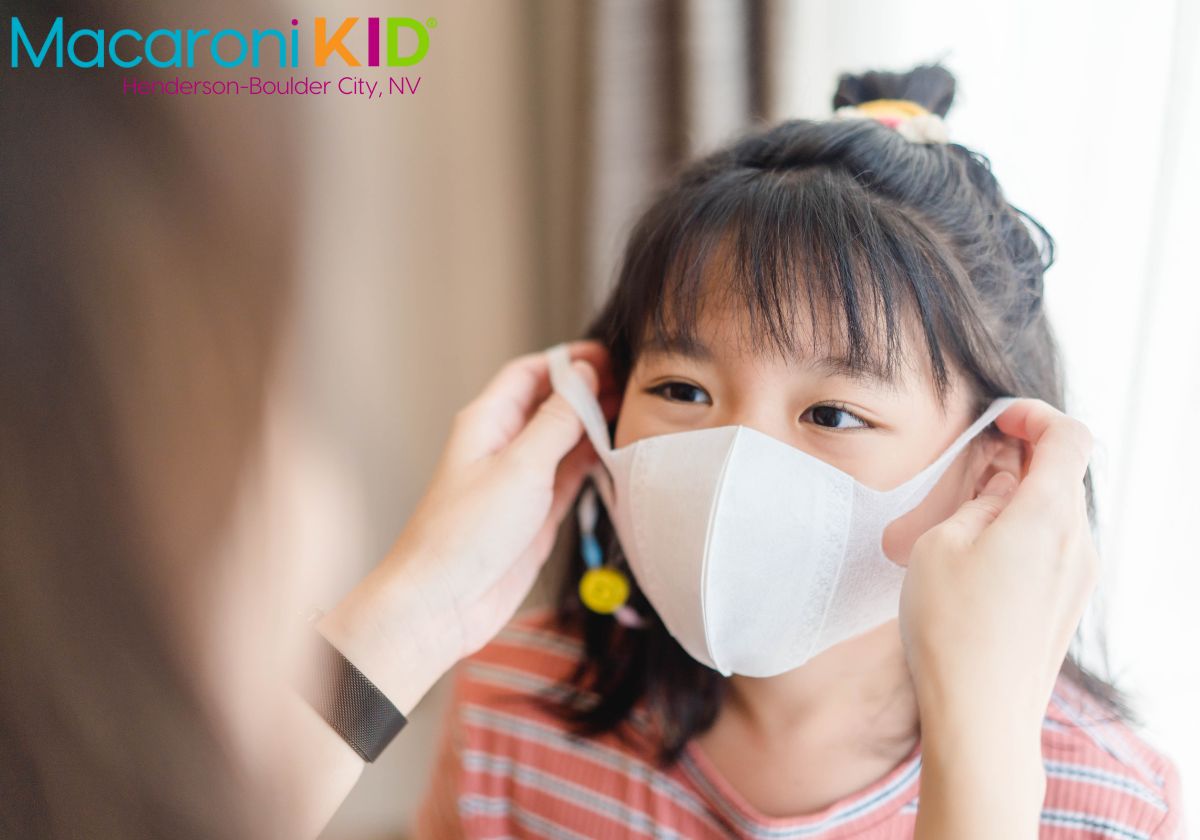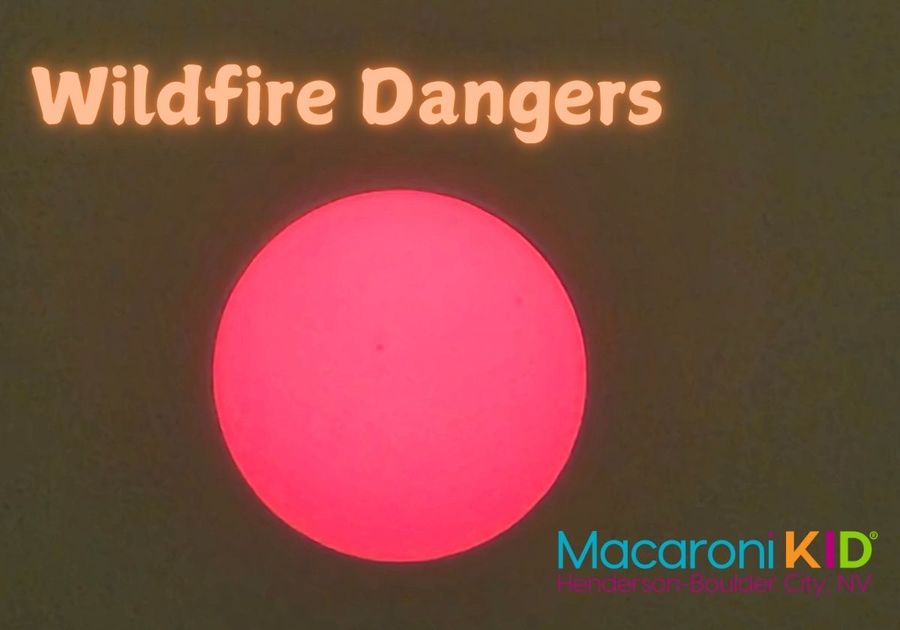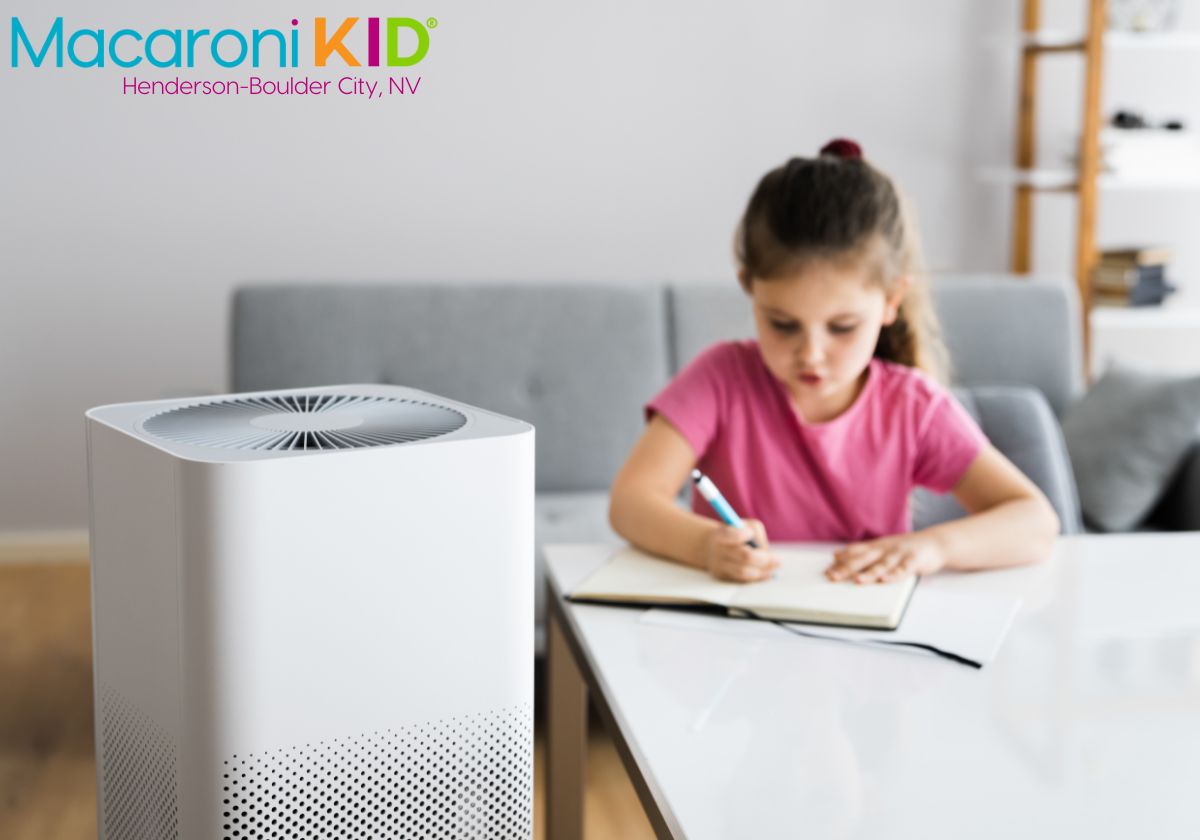While Las Vegas itself may not be prone to wildfires, there are plenty of areas near us that are. Places like Mount Charleston and California can still affect us. It's important to know what we should do to keep ourselves and our families safe when the wildfires start running rampant. You can track fire locations at AirNow's Fire and Smoke Map. When you see the smoke, you can check how safe it is at airnow.gov. Keep their guidelines in mind, especially if someone has asthma, COPD, heart disease, diabetes, chronic kidney disease or is pregnant.
As always, keep those first responders in your thoughts. They do a dangerous job year after year to try to contain those brutal fires. If you would like to donate and provide some help for wildfire disaster relief, here are a few options:
- American Red Cross
- The Salvation Army
- GoFundMe-California Wildfire Relief
- Americares-seek out wildfire donation
As with any emergency, the first step should be to seek out messages from authorities. If you are being advised to evacuate, do so as quickly and calmly as you can. Spend some time getting to know evacuation routes and a plan on where to go.
1. Stay inside as much as possible
Avoid opening windows and doors so the air inside can stay as smoke-free as possible. If you have air filters, break them out and use them in the room everyone will be in. Avoid burning things like candles or fireplaces. If you can avoid using the stove to cook, that would help keep the indoor air quality safe, as well. Check your air conditioning. Using high efficiency filters labeled "HEPA" or MERV 13 or higher helps clean the air. If there is an option to set to recirculate, use that to keep the outdoor air out.
|
2. Take precautions if you have to go outside
Break out those old-fashioned covid masks. Putting them on before you head out with help keep the air around your nose and mouth clear. Limit time outside. Schools are usually good about checking air quality and letting parents know they will keep kids inside as much as possible, but you can always contact your child's teacher if you have any concerns. Remind kids to not run when they are outside. They need to conserve their breath while moving. If you decide to get a respirator, make sure it is a NIOSH Approved respirator.
3. Don't forget about pets
Since there isn't much you can do about keeping pets from controlling how they breathe outside, keep them inside as much as possible. Make sure they have enough food and water, as well as toys and things to keep them occupied if they are used to spending more time outside. Contact your vet if you feel like you need some assistance in settling them down.
4. Watch symptoms and contact a doctor, if needed
Even if no one has had one of the conditions listed above, severe smoke can still have a bad effect on the body. Watch and monitor these signs:
- Coughing
- Trouble breathing
- Wheezing
- Stinging eyes
- Scratchy throat
- Irritated sinuses
- Headaches
- Tiredness
- Chest pain
- Rapid heartbeat
Most of these can be treated at home, but when in doubt, call a doctor and seek advice.
 |
5. Emergency Services
Severe symptoms, such as difficulty breathing, choking, dizziness, confusion, vomiting, numbness or tingling in the hands or feet, will require immediate attention. Call 911, you may have to perform CPR. Knowing CPR can save a life. Your local YMCA or hospital is a good place to find a class. You can also find online CPR courses on the American Red Cross site for a fee.




